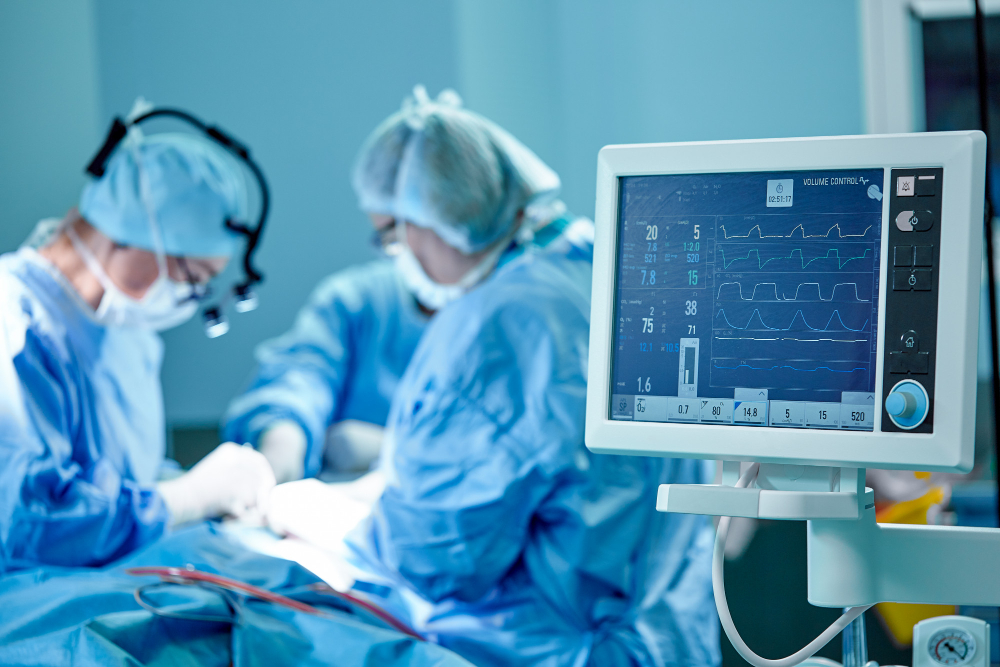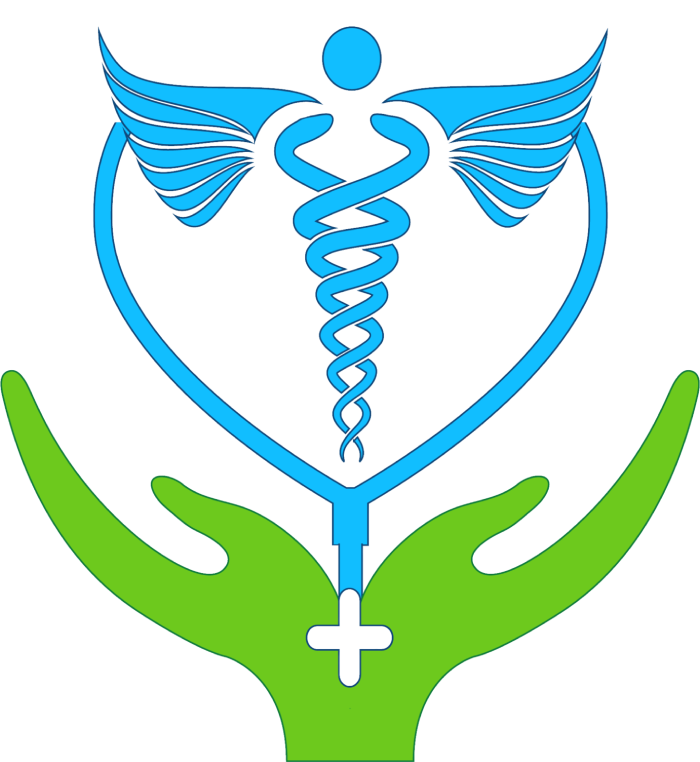
General Surgery Treatment in Turkey
Medical tourism is the best way to receive treatment in the first-class facilities that Turkey has to offer and enjoy the scenic views and the azure blue waters of the country. Statistics clearly show that medical tourism in Turkey is getting more and more popular by the day. You can get a package deal right away and choose between the contracted companies we work with.
What is General Surgery?
General surgery consists of a wide variety of surgical procedures. General surgeons can perform presurgical, surgical, and post-surgical processes with great care and responsibility. Often called upon in emergencies, general surgeons have a specific area of expertise that can help diagnose a particular disease and carry out an operation if need be. These areas of expertise include:
Appendectomy Surgery
Appendectomy surgery deals with an infected appendix. Appendectomy surgery can be performed by a specialist who has deep knowledge about the infection and has experience with appendectomy surgery. The main reason is, it is primarily an emergent situation that requires immediate medical care. The appendix can inflate due to the infection and eventually rip.
Breast Surgery
There are different types of breast surgery. The fact that draws the line is that it is an aesthetical procedure, a preventive one, or related to cancer. Breast augmentation includes breast lift, breast reduction, breast reconstruction, and male breast reduction (for gynecomastia patients). The most crucial is breast cancer surgery which requires a sensitive and decisive operation on the cancerous cell.
Colon Surgery
Colon surgery, also named colectomy is related to the lower intestine. The colectomy field is set on either removing the entirety of the lower intestine or a portion of it. It can be related to a wide variety of diseases. The reason a person might require colon surgery could be associated with cancer or a disease that makes the lower intestine fail entirely or partially and can cause further failures in other parts of the body, an infection in the large bowel, or a laceration. In any case, colon surgery is also mostly done in emergencies.
Digestive Tract Surgery
Digestive tract surgery (Gastrointestinal Surgery) involves the organs which work together and form the digestive system. These organs can be classified into two different parts. The hollow organs in which digestion starts and ends, namely the mouth, the esophagus, the stomach, the intestines, the rectum, and the anus. The organs which also play an active role in digestion are the pancreas and liver. Altogether, Gastrointestinal surgery or digestive tract surgery includes treatment of these organs.
Gallbladder Surgery
Gallbladder surgery, also known as cholecystectomy, is a procedure in which doctors use video cameras from incisions to your liver area in the upper body to check the gallbladder. The operation is done to entirely remove the gallbladder which might get infected, from the body. It is known to be a small and low-risk procedure but with all surgical procedures, it should be done with expert hands.
Gerd Surgery
Gerd surgery is the field that deals with esophageal reflux, a disorder that damages the esophagus with gastric acid. The procedure involves the enlacing of the top of the stomach to the esophagus. It prevents leakage and improves the patient’s overall gastric health.
Endocrine Surgery
Endocrine surgery or endocrinal surgery is involved in the adrenals, thyroids, pancreas, and parathyroids. The preliminary examination is done with utmost care since the endocrinal system essentially involves any of the secreters and hormones that control our body’s balance, both mentally and physically.
Esophageal Surgery
Esophageal surgery is in alignment with cancer treatment. It mostly involves the removal of cancerous cells from the esophagus. It is a prolonged and crucial procedure that requires a full incision on your abdomen. It is a major operation that can soften the discomforting symptoms or completely remove the cancerous cells from the body.
Exploratory Laparotomy
Exploratory laparotomy is a procedure in which the surgeon makes an incision on the upper body and examines the internal organs of the patient. The depth and width of the cut may vary depending on the complaint of the patient. It is done solely for diagnosis and biopsy.
Hernia Surgery
Hernia surgery is applied to treat an inguinal hernia. The surgeon repairs the damaged tissue with a small incision and puts the rupture back into the abdominal wall. The operation is applied with general anesthesia.
Hemorrhoids Surgery
The surgery is done either with general anesthesia or an epidural anesthetic. Laser treatment might also be applied depending on the stage of your hemorrhoid disease.
Laparoscopic Surgery
Laparoscopic surgery is an operation in which surgeons make small incisions and apply ballonets to treat pelvic and intraabdominal organ afflictions. It is a field of expertise that spans a lot of disorders varying from infertility to obesity and appendicitis disorders.
Lipoma Surgery
Lipoma is a fairly easy operation that takes about 10-15 minutes per lipoma. Lipoma can be related to an idiopathic disorder, a genetic disorder, or a disease such as Madelung Syndrome. In any case, if the experts see fit, they can be removed with local anesthetics and can take 10 days to heal in total.
Liver Surgery
Liver surgery is a major operation in which the patients need constant blood transfusions during the execution. The operation can be carried out with small incisions and with robotic technologies that allow microsurgical interventions. It is essential to consult a doctor to determine what type of surgical treatment a patient might require.
Pancreas Surgery
Pancreas surgery encapsulates the removal of innocent passages and tumors on the liver, pancreas, gallbladder, and biliary tract. This surgical operation is also one that should be carried out with great precision. These operations are also major interventions.
Plastic Surgery
Plastic surgery treats a variety of aesthetical and purely medical conditions. Rhinoplasty, liposuction, and blepharoplasty are some of the operations that plastic surgery takes care of. Plastic surgery also includes the common and highly demanded treatment of hair transplantation.
Hair Transplantation
If health problems such as vitamin and mineral deficiencies and hormonal problems occur, they might cause hair loss. A medicinal treatment should be applied first. If the shedding continues after the necessary treatments are applied, or if the hair has opened at a level that cannot be healed, hair transplantation can be performed. Hair transplantation over the age of 22 is considered appropriate if needed. The most recentl and commonly used methods in hair transplantation are FUE and DHI methods. Depending on the width of the area to be transplanted and the adequacy of the donor area, approximately 1000-2800 grafts, or 2500-7500 hair strands, can be transplanted in one session in the FUE technique. During the transplantation process, the direction of hair growth and the hair structure of the patient are also taken into account, and it is aimed to restore the hair to its natural state after transplantation.
Podiatry Related Procedures
Podiatry-related procedures involve the treatment of foot-related diseases, lacerations, and or accidents.
Mole Excision
Mole excision is a basic operation that addresses either aesthetical or medical conditions related to unwanted moles on any part of the body.
Splenectomy
Splenectomy surgery is the complete or partial removal of your spleen. The procedure might be necessary for reasons related to splenic health, such as idiopathic syndromes or tumors.
Vascular Surgery
The field of vascular surgery deals with all sorts of vein-related diseases and disorders. It applies a method in which a small excision is required to treat vascular diseases. This discipline mostly does not require general anesthesia. Vascular surgery is an essential field that can help diagnose a specific problem that affects another part of the body. The treatments are also applied to remove local problems such as blood clots.



